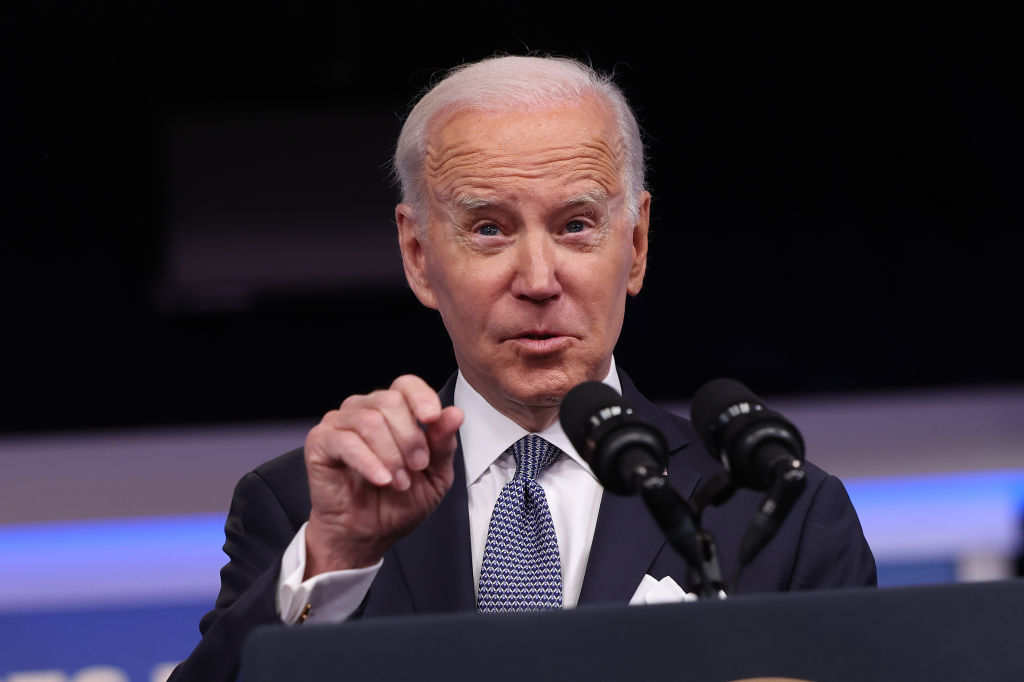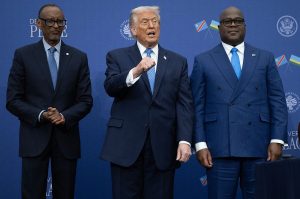It should be obvious by now that too many classified documents are floating around Florida, Delaware, and Indiana. They were removed without authorization and stored improperly under Donald Trump, Joe Biden, and Mike Pence respectively. Most of them, it seems, were hurriedly packed by government aides during an administration’s final days, even as the president and vice president were busy handling their official responsibilities.
National security law doesn’t distinguish between the accidental and deliberate mishandling of classified documents, but the public does. They know the president and vice president bear heavy, official burdens until the moment they are replaced. They know, too, that their aides are tasked with packing up their official materials, often thousands of boxes, and that they must do so quickly.
That rush has led to predictable problems and predictable excuses. Unfortunately, it is hard to distinguish between deliberate misconduct and understandable errors. Which classified documents were taken by mistake and which ones deliberately? Because it is hard to distinguish those two categories in practice, officials try to cover up their wrongdoing by claiming “my aides made an understandable mistake during the rush to leave office.”
Fortunately, there’s a simple, inexpensive solution to this problem. The National Archives can provide outgoing senior officials with a secure location to store their materials temporarily, giving them time to sort through them methodically.
Placing materials in this secure, temporary space would not constitute their permanent transfer to the Archives. The former president and vice president would still make that final determination. They would retain any unclassified materials to which they were entitled and debate any ambiguous ones with the archivists. The difference from current arrangements is that those materials would now be in a secure location while the discussions take place.
The former president and vice president would have plenty of time for their aides to double-check the documents and make sure they weren’t improperly removing classified materials. They would have time to review those findings with their aides and debate them with the National Archives, if necessary. Finally, this arrangement would eliminate the excuse that “my staff removed these materials accidentally during the hurried final days in office.”
Sorting through such documents is time-consuming and expensive, even though the sums are trivial for the government. While the president and vice president are still in office, their aides are on the government payroll. After they leave office, they aren’t. Congress can solve this financial obstacle easily enough. The aides needed to search the former president’s and vice president’s documents should be paid by the government. These aides, who should have classified clearances, would be employed by the outgoing executives, not the National Archives. Their first responsibility would be to the former president and vice president, who would bear ultimate responsibility for the decisions.
Congressional committees could decide whether to extend similar arrangements to other outgoing officials, such as the secretaries of state and defense and the national security adviser. The funding would be trivial compared to the costs of serious breaches of national security.
Now that we know the problem — the removal of classified documents by outgoing administrations and their improper storage — we need to solve it, not just place blame. We need to prevent the future mishandling of classified documents and eliminate false excuses for those taken deliberately. Fortunately, this simple solution should do the trick.

























